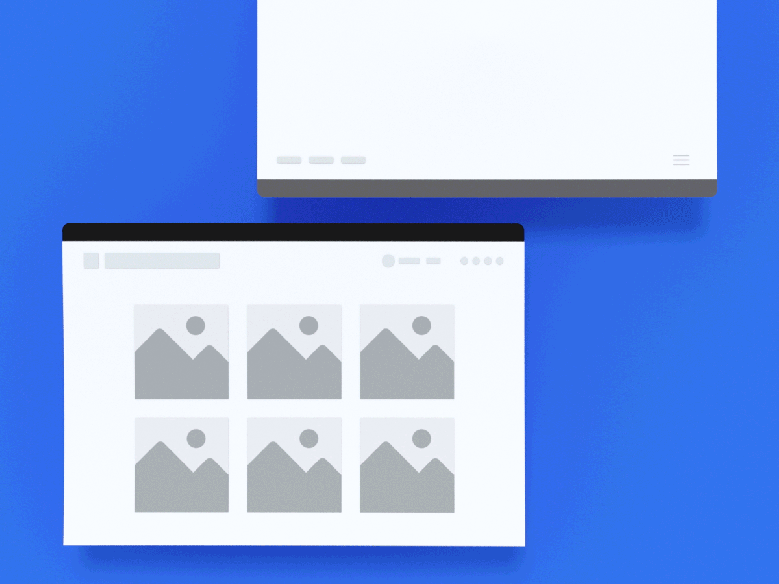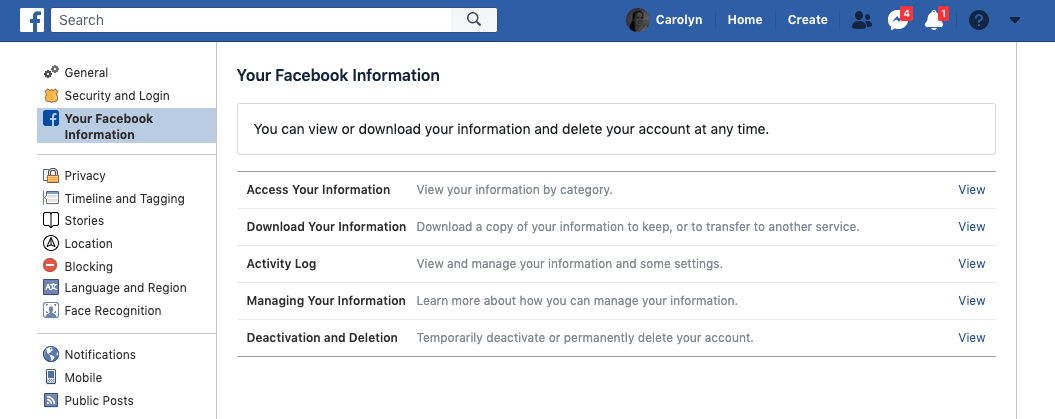Subscribe now and get the latest podcast releases delivered straight to your inbox.
Facebook takes steps toward data portability with photo transfer tool

Dec 9, 2019

Back in September, Facebook published a whitepaper to help better educate people about data privacy and portability.
The goal was to define and answer the top five questions many have regarding data portability. For many, even the term data portability is unfamiliar. It is the principle that users should be able to take the data they share with one service and move it to another.
While you’ve always been able to download your information from Facebook, the platform is now releasing a tool that will enable users to transfer photos and videos from Facebook to Google Photos.
While the tool currently only supports Google Photos, Facebook suggests transferring to other photo storage platforms is something that will be supported in the future.
According to New America, not only will users have more control over their Facebook data, but data portability overall gives users more control over who can access their data. This can also empower users to switch services and go to competitors.
For many Facebook users, the social platform is housing cherished photos and memories, which many have previously prevented users from deleting their profiles.
What you need to know about the data portability tool
While Facebook hasn’t previously shared its user insights, the release of this tool follows a proposed law, the Data Portability Act, that would require all large companies and platforms to make user data easily transferable.

Source: Facebook Data Transfer Tool for Google Photos
According to Facebook’s Director of Privacy and Public Policy Steve Satterfield,
"We believe that if you share data with one service, you should be able to move it to another. That’s the principle of data portability, which gives people control and choice while also encouraging innovation. Today, we’re releasing a tool that will enable Facebook users to transfer their Facebook photos and videos directly to other services, starting with Google Photos."
Not only would users be able to transfer info to other platforms and services through data portability, but it would improve competition online, and possibly even help facilitate the growth of new companies and services due to shared information.
Facebook is rolling this tool out slowly as it performs tests. Currently, the data portability tool is only available to users in Ireland. Implementing the tool in a small market will allow the platform to make improvements before releasing it worldwide in the first half of 2020.
To access this tool, you will need to go to your Facebook Settings, and then select Your Facebook Information. That is also where you can currently download a copy of your information.
Your data will be encrypted when you transfer it, and users will be asked to enter their password before a transfer can be initiated.

What data portability means for marketers
In the last year or so, there has been an ever-increasing focus on data privacy, with the European Union’s General Data Protection Regulation (GDPR) in effect and the California Consumer Protection Act set to roll out soon.
Both of those regulations give users the right to transfer their data to another platform in a secure and usable format.
Congress is working on implementing data portability legislation that would apply to data knowingly provided by a user (such as email, mailing address, name, age, and job title) and observed data (such as someone’s search history, traffic data, or location data).
Aside from huge companies like Facebook, Apple, Twitter, and Google, data portability is important to any small business that collects personal data from its customers. For example, consider health/fitness tracking devices — not only are they tracking users’ steps, heart rate, and what they eat, but the routes where they walk, run, and bike. They might even be tracking medical history.
If you have customers and users located in the EU or California, you should already be looking into making that data portable. And, while the data portability act hasn’t been enacted yet, it’s important for companies and platforms that are collecting customer, user, and subscriber data to start considering how and if they’ll be affected — and how they can make that data transferable.


Order Your Copy of Marcus Sheridan's New Book — Endless Customers!